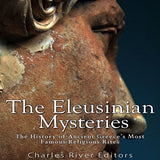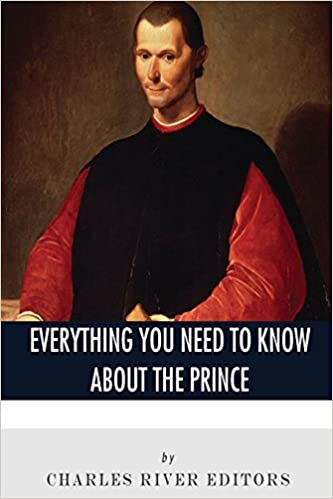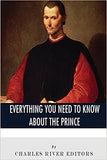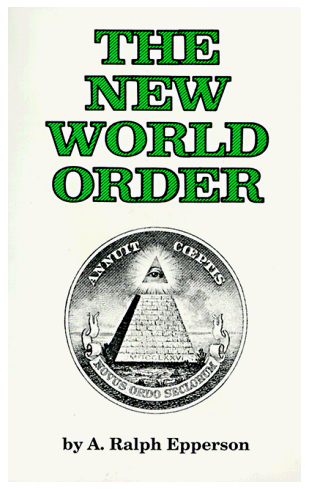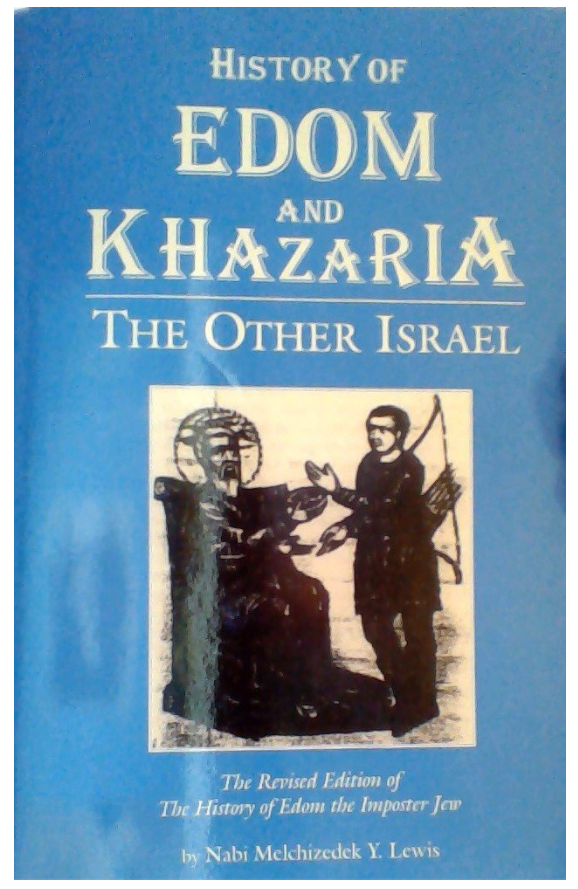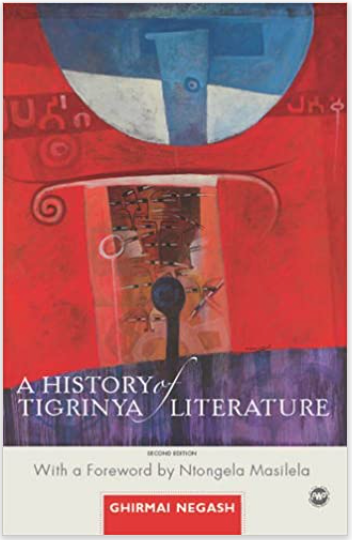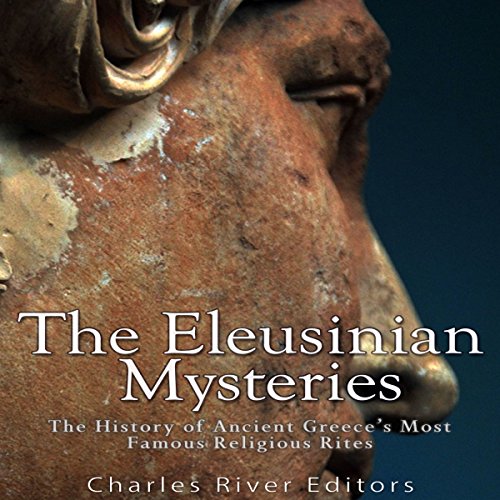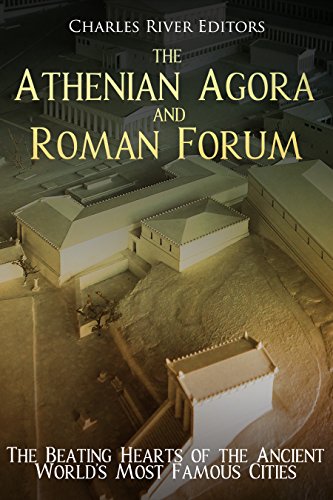*Includes pictures of Machiavelli and some of the rulers he discusses throughout the book.
*Explains the historical background of Machiavelli's life and the political context within which he wrote The Prince.
*Summarizes each chapter of The Prince and explains the overarching themes presented within the famous treatise.
*Discusses lingering controversies surrounding Machiavelli and The Prince, including whether the book was intended as a satire or an effort to spark a rebellion.
“He who becomes master of a city accustomed to freedom and does not destroy it, may expect to be destroyed by it.” – Machiavelli, The Prince
Niccolò Machiavelli was born in Florence on May 3, 1469, as Florence was undergoing its transition into the Renaissance, guided by the Medicis. Machiavelli was a public servant during the Republic, losing his office when the Medicis returned to power. Despite that, Machiavelli dedicated The Prince to the ruling Medici of the time, leading some today to still speculate whether the book was a satire. Regardless, The Prince remains one of the most influential political philosophies of history, and Machiavelli himself will forever be associated for the “ends justify the means” philosophy that he wrote about and which even today is called Machiavellian.
The Prince was eventually published in 1532, though evidence exists that the manuscript was circulated before this point, which was deemed more polite than physical publication. 27 years later, in 1559, the text was, unsurprisingly, registered to the Index Librorum Prohibitorum (the Catholic Church’s list of banned books) on the grounds of immorality.
*Explains the historical background of Machiavelli's life and the political context within which he wrote The Prince.
*Summarizes each chapter of The Prince and explains the overarching themes presented within the famous treatise.
*Discusses lingering controversies surrounding Machiavelli and The Prince, including whether the book was intended as a satire or an effort to spark a rebellion.
“He who becomes master of a city accustomed to freedom and does not destroy it, may expect to be destroyed by it.” – Machiavelli, The Prince
Niccolò Machiavelli was born in Florence on May 3, 1469, as Florence was undergoing its transition into the Renaissance, guided by the Medicis. Machiavelli was a public servant during the Republic, losing his office when the Medicis returned to power. Despite that, Machiavelli dedicated The Prince to the ruling Medici of the time, leading some today to still speculate whether the book was a satire. Regardless, The Prince remains one of the most influential political philosophies of history, and Machiavelli himself will forever be associated for the “ends justify the means” philosophy that he wrote about and which even today is called Machiavellian.
The Prince was eventually published in 1532, though evidence exists that the manuscript was circulated before this point, which was deemed more polite than physical publication. 27 years later, in 1559, the text was, unsurprisingly, registered to the Index Librorum Prohibitorum (the Catholic Church’s list of banned books) on the grounds of immorality.





